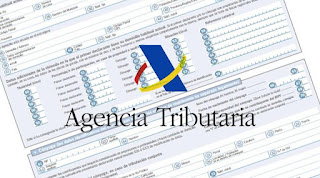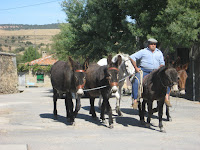Paying my income tax, IRPF

Nearly everyone who lives in Spain has to do an IRPF, income tax, return each year; the declaración de la renta. Before Brexit, some Britons argued they paid their taxes in the UK and didn’t need to pay in Spain. While there may be rare exceptions, in general, if you live here, you pay income tax here. Many Britons living in Spain are also taxed in the UK, for example, on Government Pensions (ex-teachers, ex-military and the like). However, thanks to a bilateral tax agreement between Spain and the UK, the income that is taxed in the UK isn't taxed again in Spain. People, living in Spain, with an income below 22,000€ from just one source, and paying tax on that income, don't need to file a tax return. If the income is below 15,000€ the income can come from two sources but the second income can't be more than about 2,000€. These figures change each year, but they are roughly accurate for now. So, it’s not easy to avoid doing a declaración. It's not a particularly onerous,...



